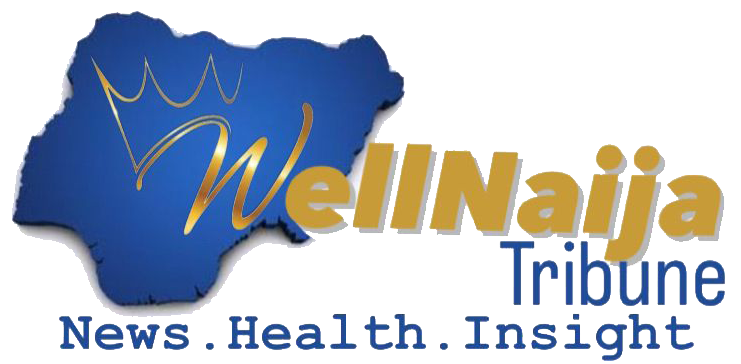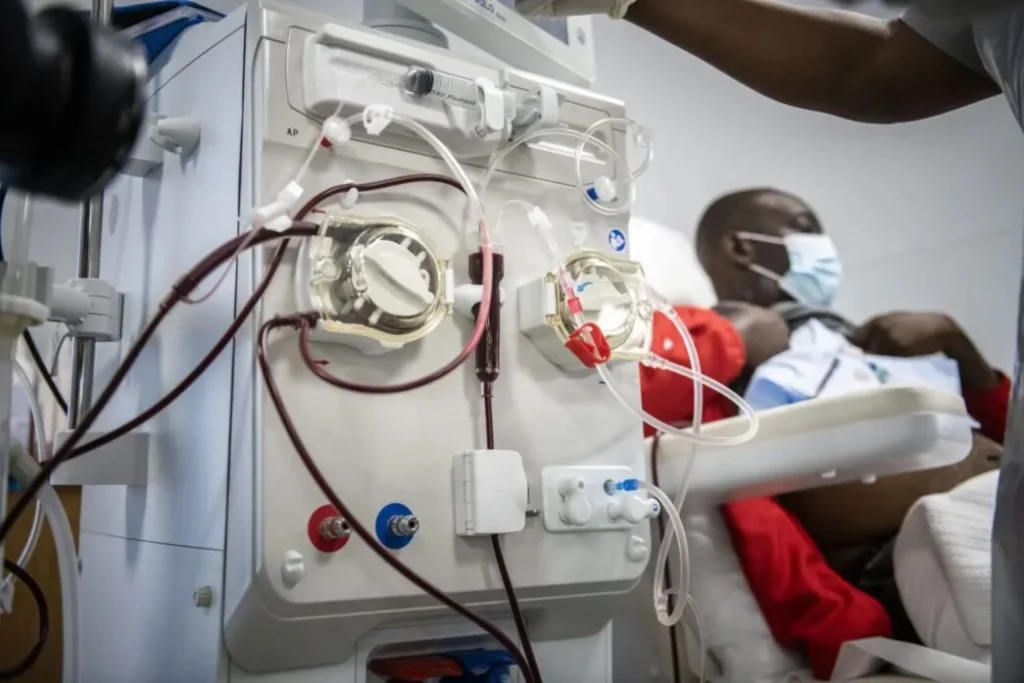Tinubu Approves 80% Dialysis Subsidy, Cuts Cost to N12,000 Per Session
President Bola Tinubu has approved an 80 per cent subsidy on kidney dialysis sessions in selected federal hospitals across the country, reducing the cost from about N50,000 to N12,000.
The initiative, launched in January at the Abubakar Tafawa Balewa University Teaching Hospital, Bauchi, is being implemented across the six geopolitical zones through designated federal medical centres and teaching hospitals.
READ ALSO: Tinubu Earns N1.5m Monthly, Ministers Less Than N1m – RMAFC
Facilities currently participating include the Federal Medical Centre (FMC) Ebute-Metta, Lagos; FMC Jabi, Abuja; University College Hospital (UCH), Ibadan; FMC Owerri; University of Maiduguri Teaching Hospital (UMTH); FMC Abeokuta; Lagos University Teaching Hospital (LUTH); FMC Azare; University of Benin Teaching Hospital (UBTH); and University of Calabar Teaching Hospital (UCTH).
Hammatu Haruna, who manages the renal centre at ATBU Teaching Hospital, confirmed that patients have welcomed the subsidy, noting significant improvement in their conditions since the rollout.
READ ALSO: Reports Show 1 in 4 Children Likely to Fail DNA Test
“They are paying only N12,000, and our patients are very happy with this initiative. We have seen remarkable improvement in patients’ health,” she said, explaining that affordability had previously forced many patients to skip treatment or sell belongings to raise funds.
According to Haruna, 35 patients have so far benefited from the scheme since January 8, with the Federal Ministry of Health supplying resources, including a dialysis machine and over 900 dialysers, to sustain the programme.
The development comes amid rising concerns over kidney disease in Nigeria. Earlier this year, the Yobe State government deployed 50 health experts to investigate the increasing number of kidney failure cases in parts of the state.
The team, led by Mahmud Maina of the Biomedical Science Research and Training Centre, Yobe State University, is working with international collaborators to assess possible environmental, genetic, or lifestyle-related causes, with interviews planned for 2,000 residents across Bade and Damaturu LGAs.




